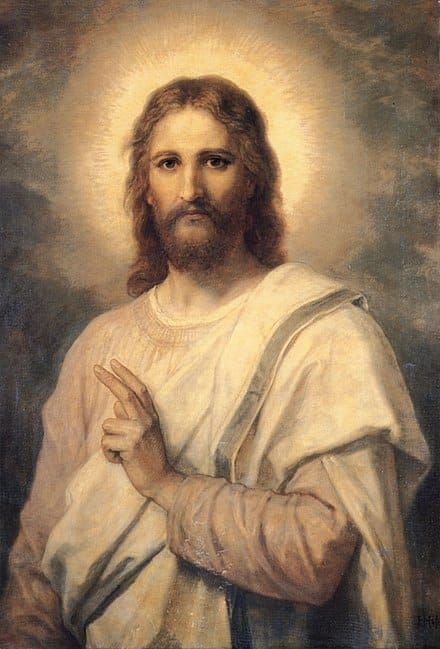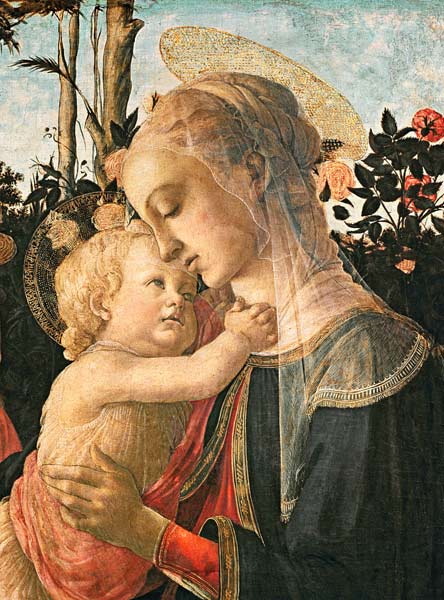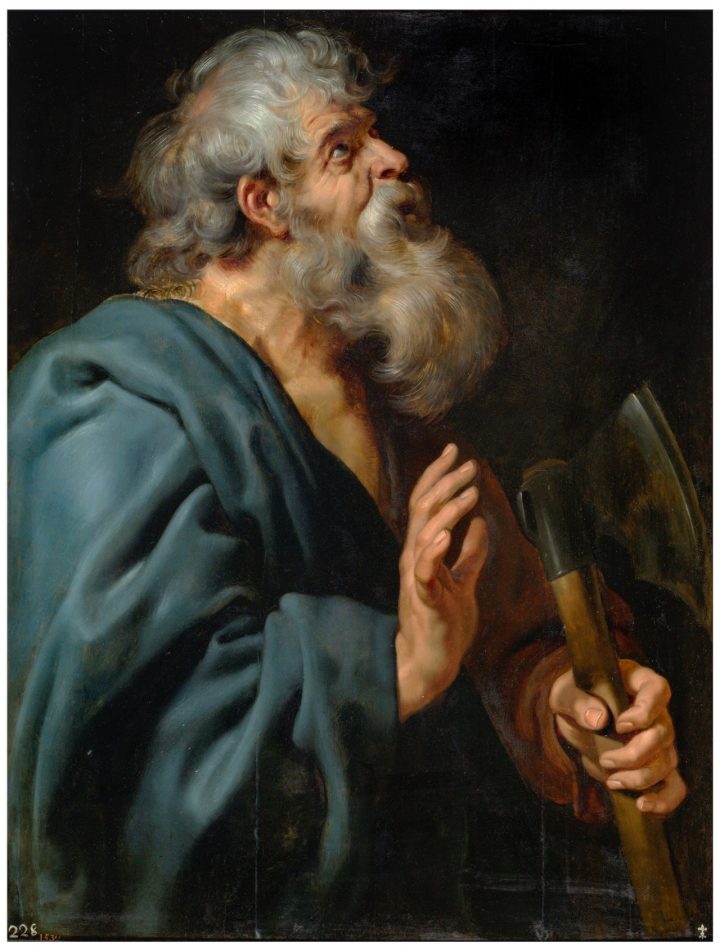
“O Come, O Come, Emmanuel” is a beautiful hymn that we hear frequently throughout Advent. It has seven verses, each of which come from one of the O Antiphons. These are seven antiphonal prayers specifically used during the Church’s evening prayer from December 17 to 23, leading up to the Nativity of Our Lord. The O Antiphons look back through the history of salvation presented in Sacred Scripture, and they cry out for the long-expected Messiah who is the culmination of that history. Praying with these titles and antiphons has the potential to make Advent deeply memorable. Every time we hear these words and images, or sing the hymn, our expectation of God-with-us is kindled. This series of reflections is offered in hopes that individuals and families will be ready to pray the O Antiphons in the final week before Christmas eve; that they will be able to savor the birth of Emmanuel in that Bethlehem stable.
O Radiant Dawn, splendor of eternal light, sun of justice: come and shine on those who dwell in darkness and in the shadow of death.
The fifth O Antiphon, prayed on December 21, continues to draw on the themes of darkness and light, and it engages the theme of justice. As we meditate on these themes, several important segments of the Bible, both the Old and New Testaments, are important to deepen our understanding.
At the very beginning of the book of Genesis, in recounting the first narrative of creation, the author writes, “In the beginning…darkness was upon the face of the deep…. And God said, ‘Let there be light’; and there was light. And God saw that the light was good…” (Gen. 1:1-4). From the very beginning, God’s purpose has been to overcome darkness by his own divine light.
It is the prophet Isaiah, though, that employs the image of light overcoming darkness with greatest effect. Early in the prophet’s text, he writes about the way that God’s chosen people have allowed their hearts to be turned away from the Lord and have been “thrust into thick darkness.” Still, God intends to provide the solution: “The people who walked in darkness have seen a great light; those who dwelt in a land of deep darkness on them has light shined” (Is. 8:5-9:2). And, near the end of the prophetic text: “Arise, shine; for your light has come, and the glory of the Lord has risen upon you. …the Lord will arise upon you, and his glory will be seen upon you” (Is. 60:1-2, 20).
Justice is also a prominent theme in the Old Testament. God has spoken His word so that human beings might “receive instruction in wise dealing, righteousness, justice, and equity…” (Prov. 1:3). Another oft-quoted passes reminds us what the Lord requires of us: “to do justice, and to love kindness, and to walk humbly with your God” (Mic. 6:8). Ultimately, the message borne from the old covenant texts is that justice is right relationship with God that leads to right relationship with others.
In the midst of these beautiful writings, one prophet specifically connects the themes of light and justice. Zephaniah declares, “The Lord within [the once-prosperous city] is righteous, he does no wrong; every morning he shows forth his justice, each dawn he does not fail…” (Zeph. 3:5). The Lord’s righteousness will shine on His people, dispelling darkness by His radiance. This is exactly the message of today’s antiphon.
These images of light, of course, are fulfilled by the Person of Jesus Christ. Light occupies a prominent place in the canticles sung by Zechariah and Simeon, Temple priests who laud the infant Messiah (see Lk. 1:67-79; 2:25-32). In addition to these, St. John makes light the single most important motif in the brilliant theological prologue to his Gospel account. The evangelist tells us that the Incarnate Word is the “true light that enlightens every man”; that it “shines in the darkness, and the darkness has not overcome it” (Jn. 1:1-14). Later in John’s Gospel, we read Jesus’ words: “I have come as light into the world, that whoever believes in me may not remain in darkness” (Jn. 12:46). And, finally, Jesus declared his divinity, his unity with the Heavenly Father, on the great Jewish feast of Hanukkah, the commemoration of God’s light returning to the Temple.
As we pray with this antiphon, we might spend time praying for the Lord’s radiant dawn to burst upon our own lives, and pondering these questions. How have I seen the Lord shining his light on darkness and the shadows of death? Has this happened in my own life or someone else’s? How have I encountered the splendor of God’s eternal light? How have I experienced right relationship as a result of the rays of God’s light and His justice?
**This translation of the O Antiphons is taken from the translation available on the website of the United States Conference of Catholic Bishops: https://www.usccb.org/prayers/o-antiphons-advent.
Image: Heinrich Hofmann, “Jesus Christ,” 1884



